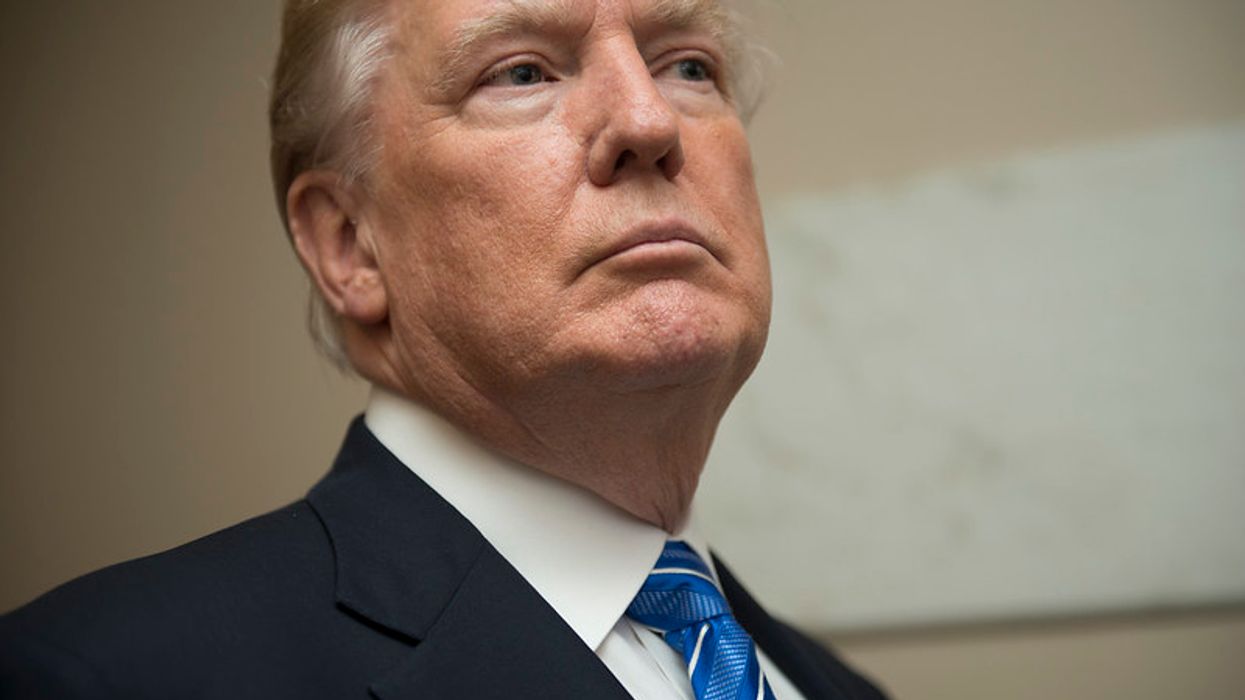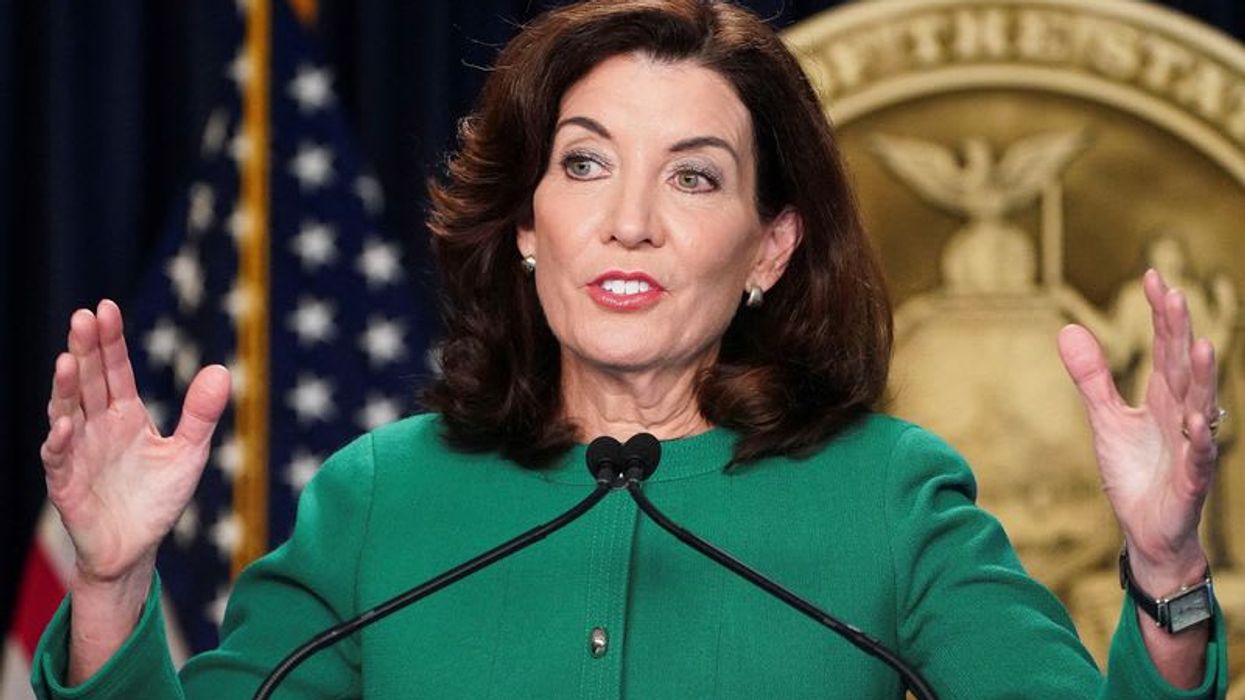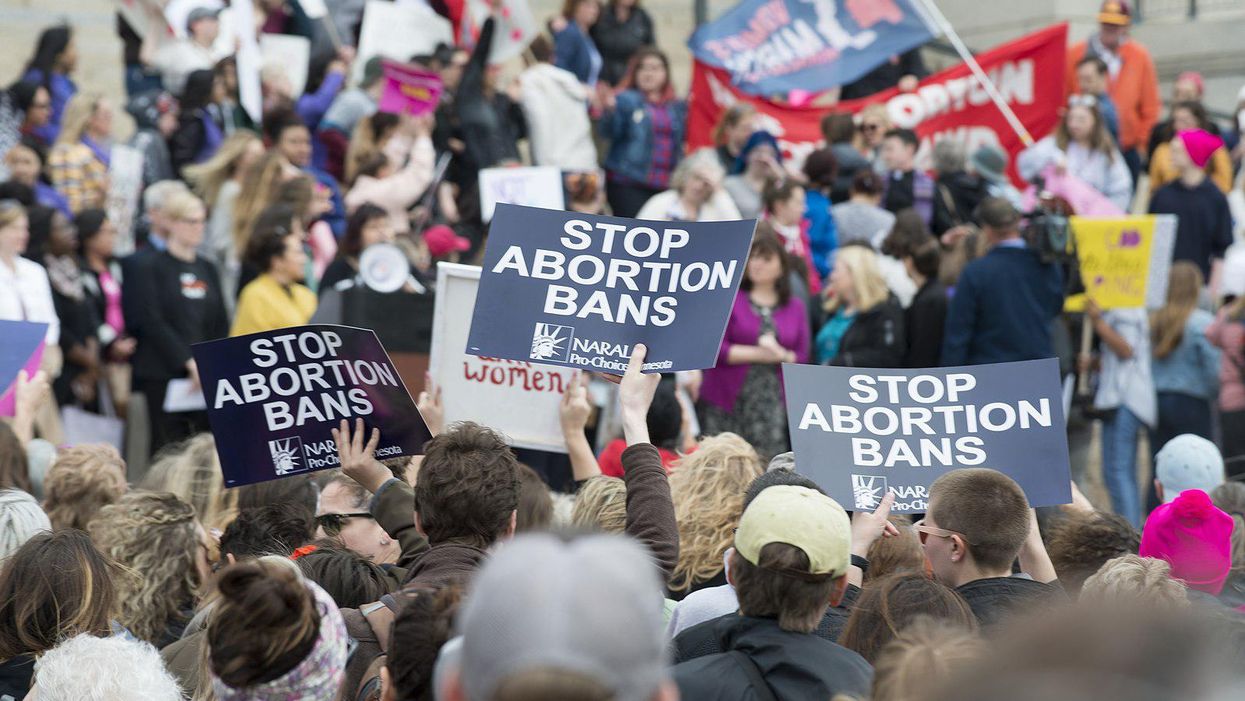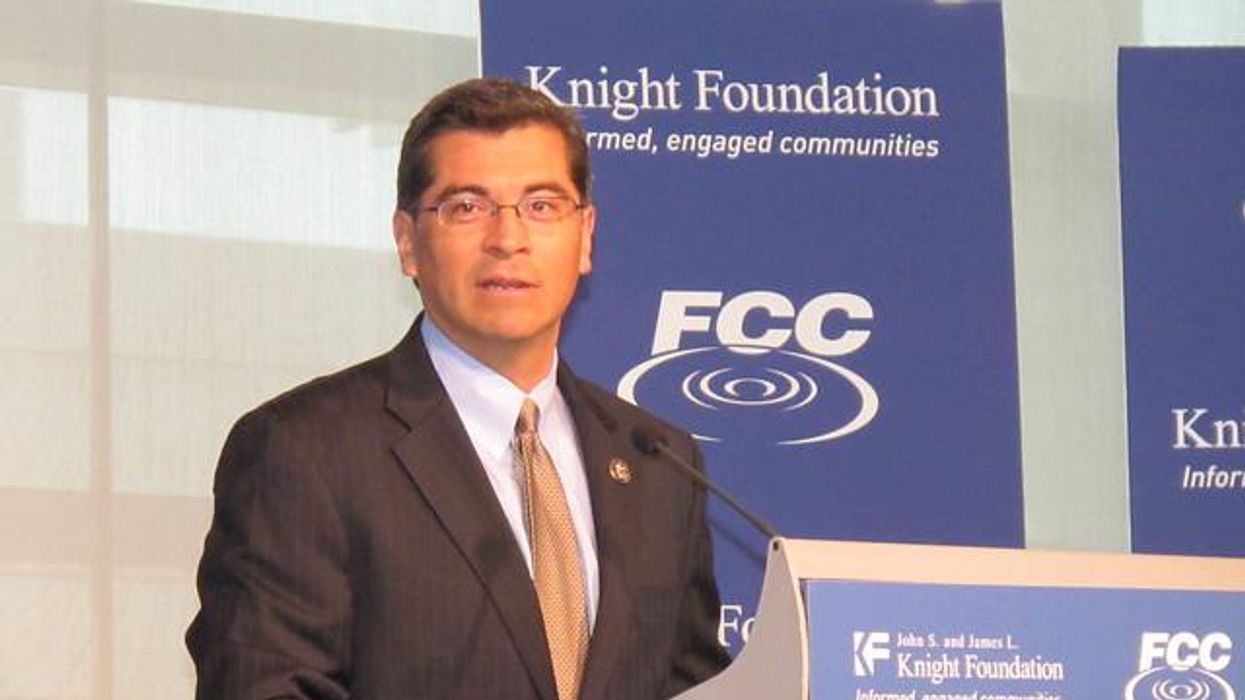Instead Of Facing Federal Probes, Musk Can Now Hide Behind Trump
Winning the 2024 election didn’t just return Donald Trump to power. It also allowed him to dodge multiple criminal cases. And while his unofficial vice president, Elon Musk, didn’t need a Trump win to stay out of jail—at least under any existing charges—the victory likely freed Musk and his companies from regulatory oversight. That’s an exceedingly lucky break for Musk, currently being scrutinized by multiple government agencies for everything from his inflated claims about self-driving Tesla cars to his SpaceX rocket launches polluting wetlands to his purchase of social media platform X—just to name a few.
To be perfectly fair, Trump’s victory means a far friendlier atmosphere for all greedy billionaires who hate regulations, not just Musk personally. But Musk is the one sitting next to Trump at Thanksgiving and the one who threw roughly $260 million at Trump’s campaign while fawning over him on X and in person.
So which pesky investigations and regulations is Musk probably free of now that his bestie is headed to the White House?
For starters, perhaps he’ll get out from under the alphabet soup of agencies looking into Tesla’s so-called full self-driving system, or FSD. Musk has promised a vision of a completely autonomous hands-free Tesla since 2013. It’s not a vision that has ever come true. The National Highway Traffic Safety Administration has twice required Tesla to recall FSD because of the system’s bad habit of ignoring traffic laws, including being programmed to run stop signs at slow speeds. In October, the agency opened another inquiry after the company reported four crashes, one of which killed a pedestrian, when FSD was used in low-visibility conditions like fog.
The issue isn’t just that FSD is unsafe. It’s also that Tesla hoovered up cash by selling a product that basically doesn’t exist. Tesla owners filed a class-action lawsuit in 2022 alleging the company defrauded them by charging $15,000 for an FSD package that didn’t result in a Tesla being able to drive itself successfully. Tesla’s defense? Full self-driving is merely an aspirational goal, so a failure to provide it isn’t a deliberate fraud—just bad luck. Perhaps that’s the same excuse Tesla would have trotted out in response to the Department of Justice’s criminal investigation into whether the company committed wire fraud by deceiving consumers about FSD’s capabilities and securities fraud by deceiving investors.
Trump named former reality show star and former Rep. Sean Duffy (R-WI) to head the Department of Transportation, of which NHTSA is a part, and tapped one of his impeachment defense attorneys, Pam Bondi, to head the DOJ after Matt Gaetz’s nomination flamed out. There’s no reason to think either of these people will grow a spine and continue investigating “first buddy” Elon Musk or Tesla.
Trump’s election also probably gives SpaceX breathing room. Musk’s private space company, which receives literal billions in government money, hasn’t been terribly interested in following government rules.
In September, the Environmental Protection Agency fined SpaceX $148,378 for dumping industrial wastewater and pollutants into wetlands near its Texas launch site. The company paid that fine, albeit with some whining about how it was “disappointing” to pay when it disagreed with the allegations, but it’s planning on challenging the recent $633,000 fine from the Federal Aviation Administration. The regulatory agency proposed the fine after two launches in 2023 where the company allegedly didn’t get FAA approval for launch procedure changes and didn’t follow license requirements.
This isn’t SpaceX’s first run-in with the FAA. The aerospace company paid a $175,000 fine in October 2023 over not submitting required safety data to the agency before a 2022 launch of Starlink satellites. After an April 2023 launch where one of the company’s rockets blew up shortly after takeoff, sending debris over South Texas, the FAA required the agency to make dozens of changes before another launch.
Like the NHTSA, the FAA is part of the Transportation Department. Sean Duffy’s past as an airline industry lobbyist doesn’t inspire confidence that he’ll take a hard line against SpaceX.
And as far as whether the EPA will continue to pose any problems for Musk? Under Trump, that agency will be run by former GOP Rep. Lee Zeldin (R-NY), whose primary qualification seems to be hating EPA regulations. He’s voted against replacing lead water pipes and cleaning up brownfields and sees his mission at the EPA as pursuing “energy dominance.” Again, not exactly someone who will bring the hammer down on Musk or his companies.
Musk is also in hot water with the Securities and Exchange Commission over the possibility he delayed disclosing his acquisition of Twitter stock in 2022. Investors must disclose when they accumulate five percent of a publicly traded company, a requirement that ostensible super-genius Musk says he misunderstood somehow. Under President Joe Biden, current SEC chair Gary Gensler has aggressively pursued enforcement efforts, a trend in no way expected to continue under whoever Trump picks.
Lightning round! Musk tried hard to violate a consent order with the Federal Trade Commission by giving “Twitter Files” writers improper access to user data, but he was thwarted by Twitter employees who actually followed the order. He’s faced numerous unfair labor practices claims and been investigated multiple times by the National Labor Relations Board, so he’s suing to have the board declared unconstitutional. He lost out on $885 million in government subsidies after the Federal Communications Commission found that Starlink, SpaceX’s satellite internet service, couldn’t meet the speed metrics for the government’s rural broadband program.
Luckily for the multibillionaire, the incoming head of the FCC is a pal of Musk’s who thinks it is “regulatory harassment” to require Starlink to meet program requirements.
Musk will also have the advantage of helming a newly invented entity, the cringily titled Department of Government Efficiency (aka DOGE—ugh), that can put his rivals under a microscope. DOGE’s co-head, fellow tech billionaire Vivek Ramaswamy, has already said he’ll examine a government loan to Rivian, a competing electric vehicle manufacturer, calling the loan “a political shot across the bow at Elon Musk and Tesla.” Though DOGE is not an actual department—you need Congress to create one of those—and cannot slash spending directly, Musk could still suggest to Trump that government funding of fiber optic cables in rural areas be gutted. This would leave satellite services like Starlink as the only option for some rural consumers—an option either those consumers or the government would then have to pay for.
Until Trump was elected in 2016, it was impossible to imagine giving billionaires like Musk so much opportunity to use the levers of government to openly and directly benefit themselves. Now that Trump has won a second term in office, Musk is just one of many oligarchs looking forward to an extremely lucrative four years. It’s lucky for them—but terrible for the rest of us.
Reprinted with permission from Daily Kos.
















